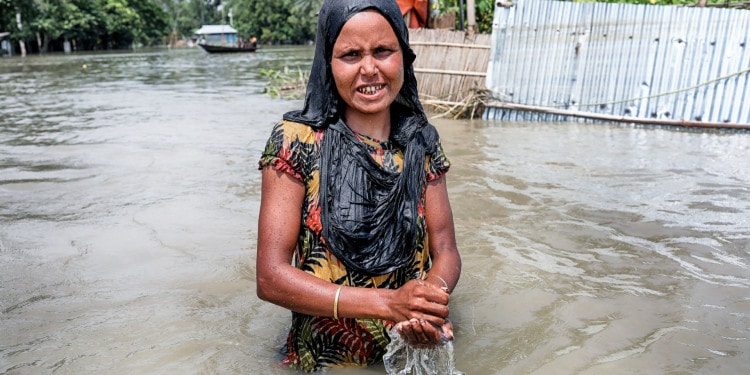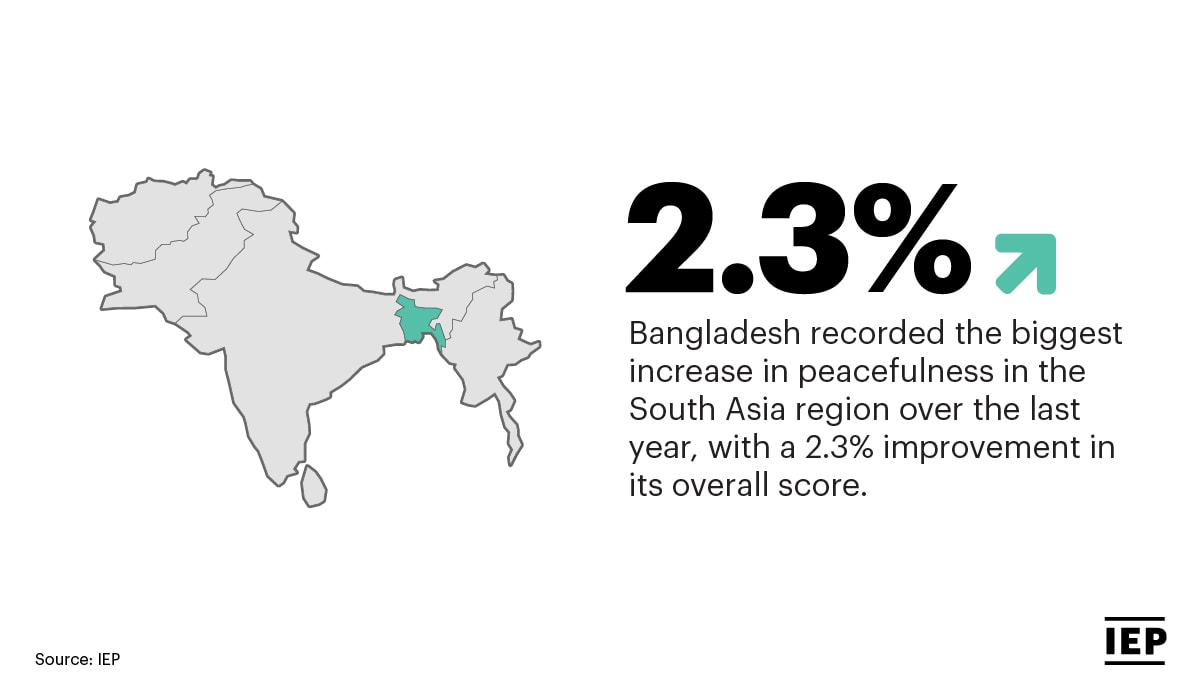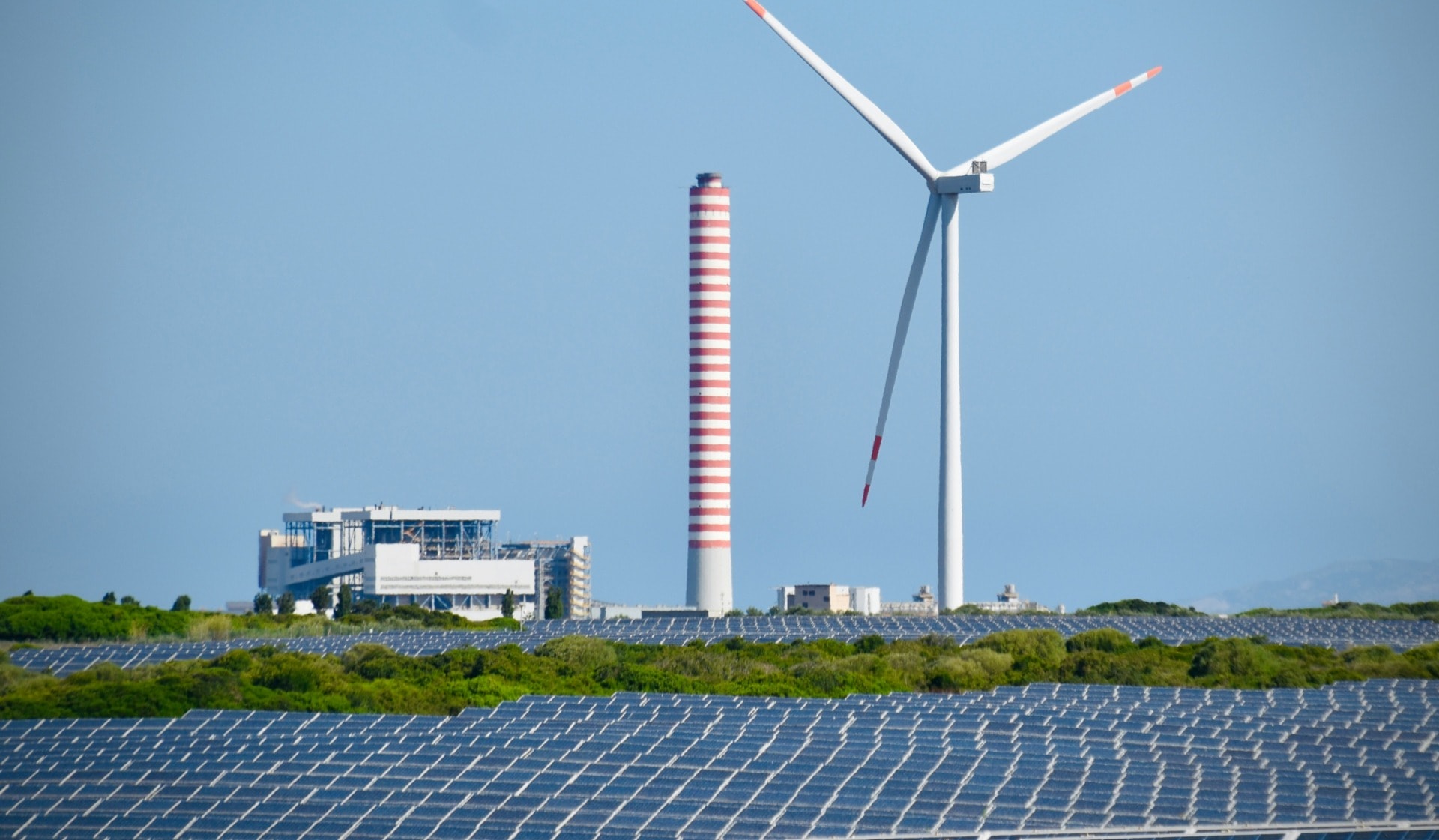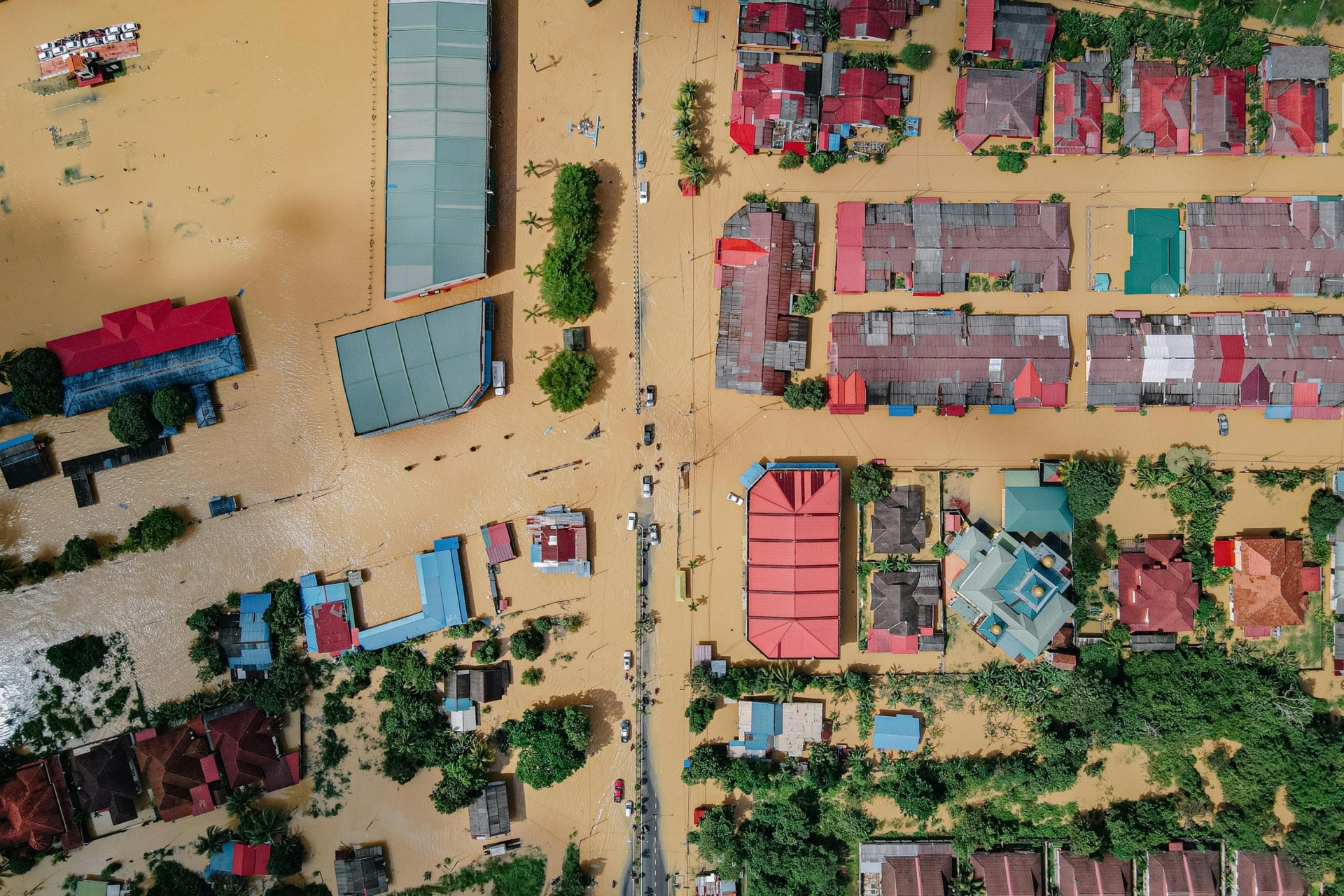Bangladesh has shown improvements in peace but has ecological threats to watch out for.
 According to the 2020 Global Peace Index, Bangladesh recorded the biggest increase in peacefulness in the South Asia region over the last year, with a 2.3% improvement in its overall score. Its score improved across all three domains, with the largest improvement on the Safety and Security domain.
According to the 2020 Global Peace Index, Bangladesh recorded the biggest increase in peacefulness in the South Asia region over the last year, with a 2.3% improvement in its overall score. Its score improved across all three domains, with the largest improvement on the Safety and Security domain.
The violent demonstrations indicator had the largest single improvement as a result of a fall in the number of protests from the Bangladesh Nationalist Party. While protests for better working conditions in the readymade garments sector continue, they have remained peaceful so far. Bangladesh also had improvements in deaths from internal conflict, the homicide rate, and terrorism impact. Bangladesh ranks 97 on the 2020 GPI, an improvement of seven rankings from the previous year.
Recent estimates from Climate Central, an independent climate research organisation, projects a rise in sea levels of up to 2.1-meters by 2100, which could potentially permanently drown land that is currently home to 200 million people around the world. Coastal flooding resulting from sea-level rise will impact the lives of 300 million people who live in low-lying coastal areas in Bangladesh, China, India, Vietnam, Indonesia, and Thailand over the next three decades.
 In addition, climate change is poised to drastically change water supplies by changing precipitation patterns leading to droughts and floods. Underground water tables have also shown signs of depletion, particularly in semi-arid and arid environments, including in regions in China, India and the US, but also in humid environments like Brazil and Bangladesh. Projections of the water tables in some regions are indicating further depletion of the underground water resource over the coming decades.
In addition, climate change is poised to drastically change water supplies by changing precipitation patterns leading to droughts and floods. Underground water tables have also shown signs of depletion, particularly in semi-arid and arid environments, including in regions in China, India and the US, but also in humid environments like Brazil and Bangladesh. Projections of the water tables in some regions are indicating further depletion of the underground water resource over the coming decades.Globally, climate change has caused warming of the atmosphere and ocean, the amount of snow and ice to diminish and sea levels to rise. The effects of these trends pose a major challenge to peacefulness in the coming decades by increasing resource scarcity and the effects this will have on livelihoods.
Related Articles: Global Number of Natural Disasters Increases Ten Times | Least Peaceful Countries Have The Most Ecological Threats | An Increase in Coastal Flooding Threatens the Global Economy
The relationship between ecological risks, such as food insecurity and water scarcity, and peacefulness is complex. It does not always take the same form, but the research is clear that changes in the natural environment impose stresses on human societies. Emerging ecological threats will serve as a risk multiplier for ongoing political and socioeconomic tensions.
The ability for nations to mitigate and adapt to new ecological threats will be crucial in ensuring the survival of existing political institutions and to avoid future social unrest and violence. The key to future success will be the levels of resilience that nations have developed.
About the author: The article has been written by the Vision of Humanity Editorial staff – brought to you by the Institute for Economics & Peace (IEP). The IEP investigates the impact of COVID-19 and future trends in economics, politics, social dynamics, conflict and development.
Editor’s Note: The opinions expressed here by Impakter.com columnists are their own, not those of Impakter.com. —In the Featured Photo: Aklima Khatun, a flood victim, lives in Jamalpur, Bangladesh. Featured Photo Credit: UN Women Asia and the Pacific















